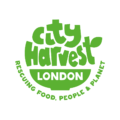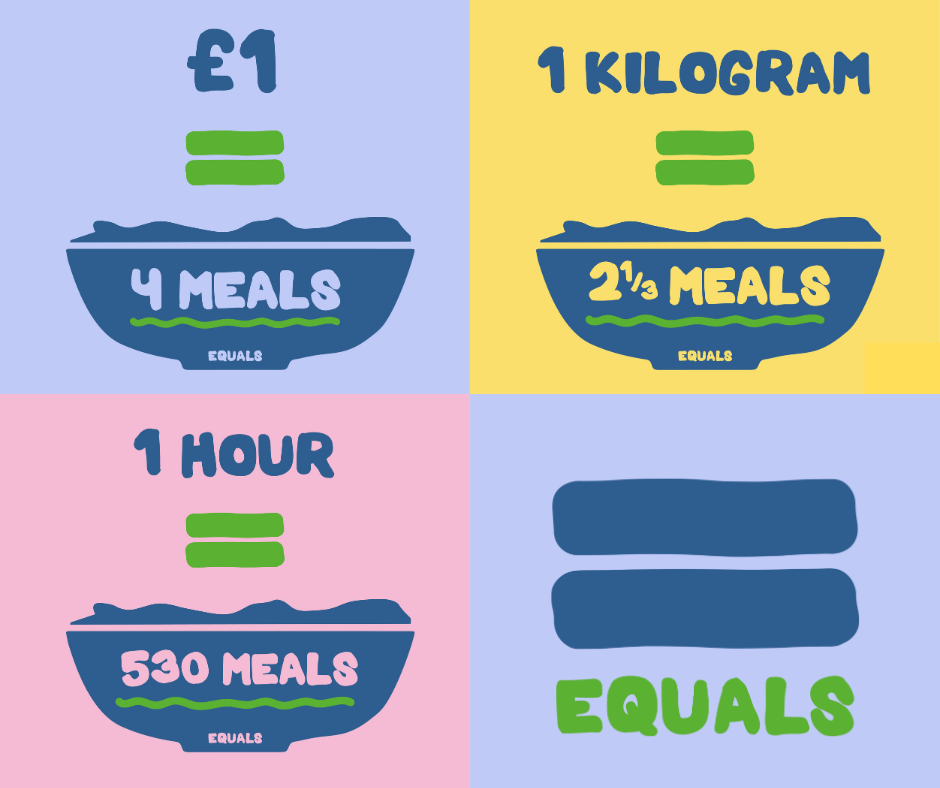Reducing Food Waste at Home is Easy
City Harvest exists to tackle two huge societal issues: food waste and food poverty. Between 30% – 40% of all food produced globally is wasted. Food waste alone generates about 8% – 10% of global greenhouse gas emissions, meaning it’s a huge contributor to climate change.
The tide is changing for the better across the food industry, as stakeholders turn their attention toward the planet, as well as the positive social impact of rescuing surplus food for those facing food poverty.
Consumers are also making conscious steps to reduce food waste at home. Here are our top 10 tips on how to be a food waste warrior:
1. Best-before dates are guidelines, not gospel.
Use your common senses when it comes to food, and yes, we mean senses. Look, smell, touch, taste (if safe) – don’t take the dates on supermarket items as gospel. Ask for a second opinion, do a trial by cooking part of it (especially with meats, as these are higher-risk items)
The main point is: don’t throw anything away without giving it a good check!
Major UK retailer, Marks & Spencer, has very recently removed the best-before date from 300 fresh fruit and vegetable items in store- making up about 85% of their product range! This means less waste in-store and at home.
2. Plan Ahead
Meal planning is a fool-proof way to avoid food waste. It means you buy the exact amount needed for different meals. Sticking to the list at the shops can be hard, but it’s worth it as it can save time, money and, of course, food!
As WRAP (Waste & Resources Action Programme) suggests, you could take a fridge and cupboard “shelfie” to help you remember what you’ve got in stock.
3. Leftover Lifesavers
It can be easy to make too much food (unless you’re a stickler for tip number 2). Take leftover meals to work for lunch the next day or put it in a transparent container for the fridge, or, if you won’t get round to eating it, the freezer. Leftover top tip: label containers clearly with name and date.
Leftover vegetables and sides can easily be snuck into omelettes, soups, curries, pasta salads, wraps – upcycle your leftovers into completely new dishes. Get creative!
Sharing is caring: do you have a neighbour, friend or relative who might be struggling, or is unable to have a home-cooked meal for whatever reason? Share the love and save a portion for a friend in need! Kindness is powerful.
4. Freezer-friendly Food
What a blessing the freezer can be! Anything from whole meals in containers to sliced bread can be frozen and kept fresher for longer. Save wilting vegetables and soft fruit and use later for soups, sauces, smoothies or in bakes.
Utilise your ice cube trays – you can freeze sauces or stockin portions, fresh herbs, fruit compotes, anything, in handy cubes, ready to pop out and use at your convenience.
Batch-cooking is a great way to save food from the bin and time. When you have a chunk of free time, you can bulk prepare meals for coming days, weeks, and months even, depending on your freezer capacity.
5. Salvage the Scraps
A lot of the time, people throw away perfectly edible parts of produce that can be made into all sorts of delicious recipes. For example, keep your onion skins, carrot peelings, celery leaves etc for making delicious vegetable stock. The same applies to meat carcasses for meat stocks and stews.
Other unassuming ingredients, like chickpea water (aquafaba) can be used to thicken sauces or as an egg-white substitute for vegan recipes like cakes. Pasta water (or aqcuetta) can also be used as a thickener – Italians have been doing it for centuries!
Bread is one of the most wasted ingredients, but there are endless ways that old bread can be used, such as: breadcrumbs, croutons, panzanella salad, gazpacho or salmorejo,herb crust for roasted meats, and the list goes on.
Check out City Harvest Food Council member, Chef Chantelle Nicholson’s artful transformation of day-old bread here.
6. Don’t Over-buy
It can be incredibly tempting to opt for a 2-for-1 offer at the supermarket. The urge to buy more than you need in the name of value for money can sometimes be overpowering. But resist the urge if you can, and you’re less likely to have rotting veg in your fridge draws.
It’s no secret that buying in bulk is cheaper- especially if you’re cooking for a big family or lots of people on a regular basis. However, more often than not, it leads to food waste, especially if you don’t need to buy in bulk. Try to use up what’s in the fridge before buying more for the sake of a deal!
7. Preservation
As per age-old traditions in cultures across the world, preservation can be a great way to prolong the shelf-life of any fridge stock on the turn, and create really flavoursome condiments. Pickling, jamming, and preserving are just a few of the ways you can rescue food from the bin and add value to future meals with an interesting twist.
Quick Pickle: Why not pickle leftover cucumbers, courgettes, cauliflower, or onions with herbs and spices like dill, mustard seeds, peppercorns, or anything you might have kicking about in your cupboard.
Preserved Citrus: If you have lemons or limes on the turn, preserve them in a jar with their own juices and generous amounts of table salt for a middle eastern addition to future dishes.
Check out our pickled radish recipe here. This recipe can be adapted to all sorts of veg!
8. Composting
Food that goes to landfill has a big impact on the environment – as food produce decomposes, it releases greenhouse gases such as methane which is a main player in bringing about climate change.
Ideally, all food would be eaten by either humans or animals, but if not, composting is one solution to needless waste. Composting fruit, vegetables and other foods creates nutrient-rich fertilizer for plants.
9. Apps
There are lots of mobile apps around to help you reduce food waste at home. Karma and Too Good To Go sell surplus stock at a reduced price, connecting food businesses with surplus to nearby consumers. Olio encourages food-sharing to alleviate food waste within communities of neighbours.
When it comes to advice, as well as food safety regulation around using surplus, WRAP has lots of helpful information.
10. Donate your surplus food
If you are a food business with surplus stock, consider donating it to food rescue charities like City Harvest.
We collect food from businesses and deliver it to our 350+ London charity partners, for free, providing a sustainable solution to surplus- preventing food waste and tackling food poverty simultaneously.
WRAP CEO, Harriet Lamb, endorses City Harvest’s mission that rescues food, people and the planet:
“It makes good business sense to partner with organisations like City Harvest – it’s inspiring for people to volunteer here, it means that companies can meet their commitment to reduce carbon emissions and to reduce food waste.”
Read City Harvest’s March 2024 Planet Report on the how City Harvest helps strengthen companies’ ESG reporting.
Got surplus?
Reach out to our food team now to start the conversation or give us a call on 0207 041 8491







